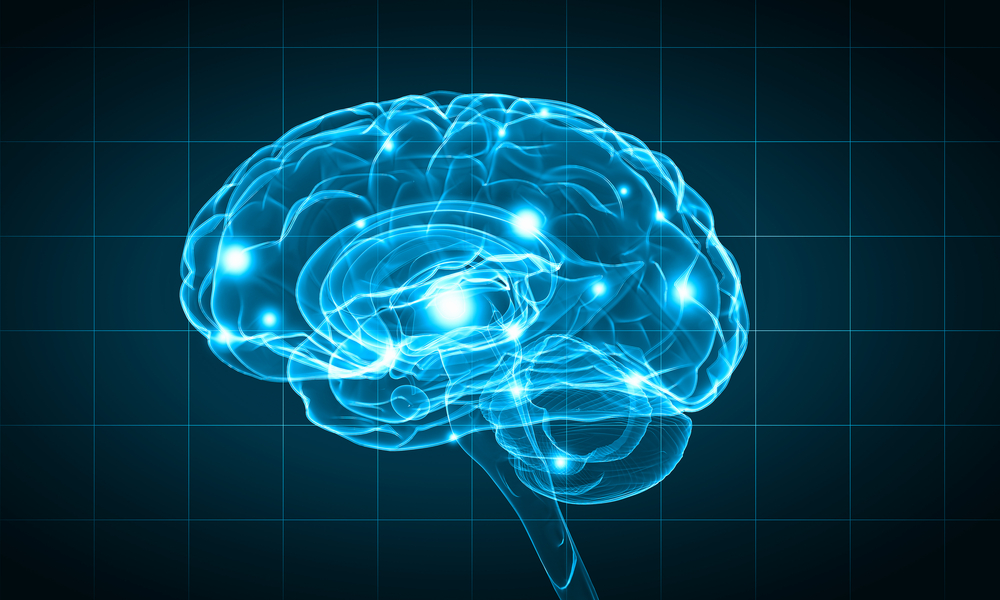- Home
- The Vape Mall Blog
- How Does Nicotine Affect The Brain in a Positive Way
How Does Nicotine Affect The Brain in a Positive Way
Posted by on
 While the war
against vaping continues within the FDA, a new study aims to prove that
nicotine actually boasts incredible benefits in terms of cognitive
function. A group of researchers located
in South Carolina are seeking to demonstrate the amazing ways in which this
compound is capable of improving brain function in order to prevent cognitive
decline. If the study is successful, the
researchers believe that nicotine may be a useful tool for preventing
Alzheimer’s and other forms of dementia.
While the war
against vaping continues within the FDA, a new study aims to prove that
nicotine actually boasts incredible benefits in terms of cognitive
function. A group of researchers located
in South Carolina are seeking to demonstrate the amazing ways in which this
compound is capable of improving brain function in order to prevent cognitive
decline. If the study is successful, the
researchers believe that nicotine may be a useful tool for preventing
Alzheimer’s and other forms of dementia.
Of course, the study is fairly controversial as the majority of the general public continues to stigmatize nicotine solely because of its association with cigarettes. While cigarettes are, obviously, deadly, nicotine as an independent compound has not been linked to serious health risks.
About the MIND Study
The MIND study involves 29 different medical research facilities within the United States, and was launched by the Roper St. Francis Research and Innovation Center in South Carolina. Researchers behind the study plan to test cognitive function among a large number of participants wearing a nicotine patch in order to test the compound’s potentially positive effects on certain attributes such as memory, concentration and decision-making skills.
The study is partially inspired by one that took place in 2004, when researchers found that schizophrenia and ADHD patients self-medicated with cigarettes. At closer look, the researchers discovered that these patients were experiencing an improvement in cognitive function as the result of maintaining high levels of nicotine in their bloodstream throughout the day. The study found that the patients were able to focus better after consuming nicotine. The reason why this research is significant is because of the fact that both schizophrenia and ADHD negatively impact cognitive function, causing confusion, mood changes and an inability to concentrate on basic tasks.
Currently, the researchers behind the MIND study are seeking funding as well as the proper number of participants. Of course, they expect to have a difficult time as the FDA largely demonizes nicotine because of the fact that it’s found in tobacco products. In order to receive the proper amount of funding, they will have to rely on organizations that are open-minded to the possibility that a substance found in tobacco can actually benefit the mind.
The MIND study will be performed by giving half of the participants nicotine patches while giving the other half placebo patches. The participants receiving nicotine will be wearing these patches around the clock so that they can maintain a consistently high level of the compound. Periodically, the participants will have their cognitive abilities tested by neuroscientists in order to see how nicotine impacts brain activity.
MCI and How Nicotine Interacts with the Brain
Before people develop dementia, they enter a phase called MCI (mild cognitive impairment). MCI refers to a stage in which the brain’s cognitive function begins declining at a very gradual rate. MCI is very difficult to diagnose because of the fact that it’s such a slow process. The other problem is that it’s fairly normal for brain activity to slow down once we reach a certain age. Therefore, many patients with MCI brush off their symptoms as normal signs of aging.
MCI affects a part of the brain that controls things such as focus, memory, ability to make decisions, mood and general alertness. Those who develop MCI may find themselves feeling more confused, unmotivated and unable to remember past events.
The problem is that MCI can eventually lead to Alzheimer’s, a condition that is currently uncurable. Therefore, the researchers behind the MIND study are looking to develop a treatment option for MCI that can be taken before Alzheimer’s takes hold.
Alzheimer’s is largely considered an epidemic in our country, affecting about a tenth of the population of people above the age of 65. Sadly, about a third of those who develop Alzheimer’s will die from the disease. It’s caused by an increased rate in brain cell death during which neurons essentially expire before new ones get a chance to take their places.
So, exactly how does nicotine come into play? Well, we know that nicotine is a mental stimulant that promotes the secretion of dopamine, a chemical that tells our brain that we’re experiencing pleasure. Nicotine also boosts cognitive function, explaining why so many people feel sharper after smoking a cigarette. Of course, smoking cigarettes is not a healthy way to maintain healthy cognitive function. However, isolating nicotine and turning it into a drug might be the answer.
Could Nicotine Act as a Preventative Medicine for Dementia?
The researchers behind the MIND study hope to prove that nicotine has plenty of benefits when isolated from cigarette tobacco. If the study is successful, we just may have a new method for preventing dementia.
 Loading... Please wait...
Loading... Please wait...



















